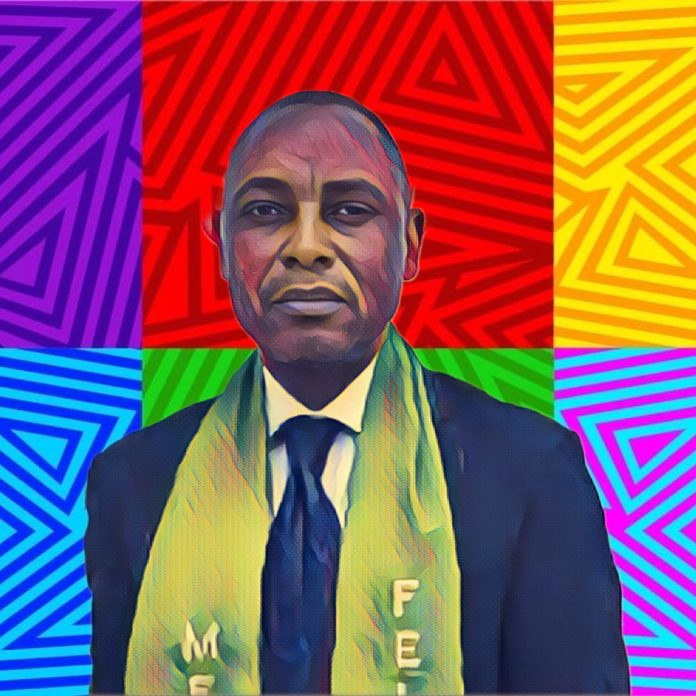KEY POINTS
- Adada stands out among proposed Southeast states for creation.
- National Assembly currently deliberating a bill to amend the Constitution for Adada’s creation.
- Justice Ogbuanya emphasizes equity in state representation for the Northern Igbo.
Justice Nelson Ogbuanya of the National Industrial Court, Owerri Division, has asserted that among the four proposed states in Nigeria’s Southeast region, Adada stands out as the most desired and legally supported choice.
He described Adada as a state with a unique cultural homogeneity and the oldest unresolved request for state creation in Nigeria.
The case for Adada state
Justice Ogbuanya made his case for Adada State during a guest lecture titled “Navigating the Constitutional Conundrum for Creation of Adada State: Interrogating the Prospects, Demystifying the Challenges, and Strategizing the Advocacies.”
The lecture took place at the 2024 Nsukka Journalists Forum (NJF) Convention in Nsukka, Enugu State.
The campaign for Adada State dates back to 1983 when Hon. Yunusa Kaltungo, a federal lawmaker from Bauchi State, proposed the idea in the National Assembly to address the regional imbalance in state creation, particularly in the Southeast.
Senator Isaiah Ani, who represented the Nsukka Senatorial zone, also supported the proposal that year. According to Vanguard, the request gained traction when it was submitted to the Mbanefo Panel on State and Local Government Creation in 1996.
The call for Adada State was further strengthened by the 2014 Constitutional Conference, which recommended the creation of an additional state in the Southeast. In 2005, the National Political Reform Conference, held under former President Olusegun Obasanjo, also endorsed Adada State.
Nsukka, the proposed capital of Adada State, has a historical significance as Nigeria’s largest and oldest local government area. It remains the only district of its size and history in the region yet to become a state capital.
Legislative steps and historical significance
Currently, the National Assembly is deliberating the proposal under the “Constitution of the Federal Republic of Nigeria, 1999 (Alteration) Bill, 2024 (SB. 482).”
The bill aims to amend Section 3(1) and the First Schedule, Part 1 of the Constitution to create Adada State, which would bring the number of Southeast states to six, thus ensuring parity with other geopolitical zones.
Justice Ogbuanya emphasized that Adada has a stronger case compared to other proposals due to its potential to correct regional imbalances within the Southeast.
He pointed out that the five existing Southeast states are divided between Northern Igbo (comprising Enugu and Ebonyi States) and Southern Igbo (comprising Abia, Anambra, and Imo States).
With the Southern Igbo currently holding three of the five states, Ogbuanya argued that the creation of Adada would provide the Northern Igbo with an additional state, helping to balance representation.
The path to constitutional amendment
Justice Ogbuanya encouraged the public not to be dissuaded by the challenges involved in constitutional amendments for state creation.
Furthermore, he cited the successful elevation of the National Industrial Court of Nigeria to the status of a Superior Court of Record under Section 254C of the Constitution as an example that constitutional amendments are achievable.
He argued that Adada State’s creation is a significant step towards ensuring equity in state distribution and providing all citizens with a sense of belonging.
The push for Adada State is part of a broader effort to ensure regional balance and justice. Supporters believe that achieving statehood for Adada would mark a significant milestone for the Southeast and contribute to a more balanced representation of all ethnic groups within Nigeria.



